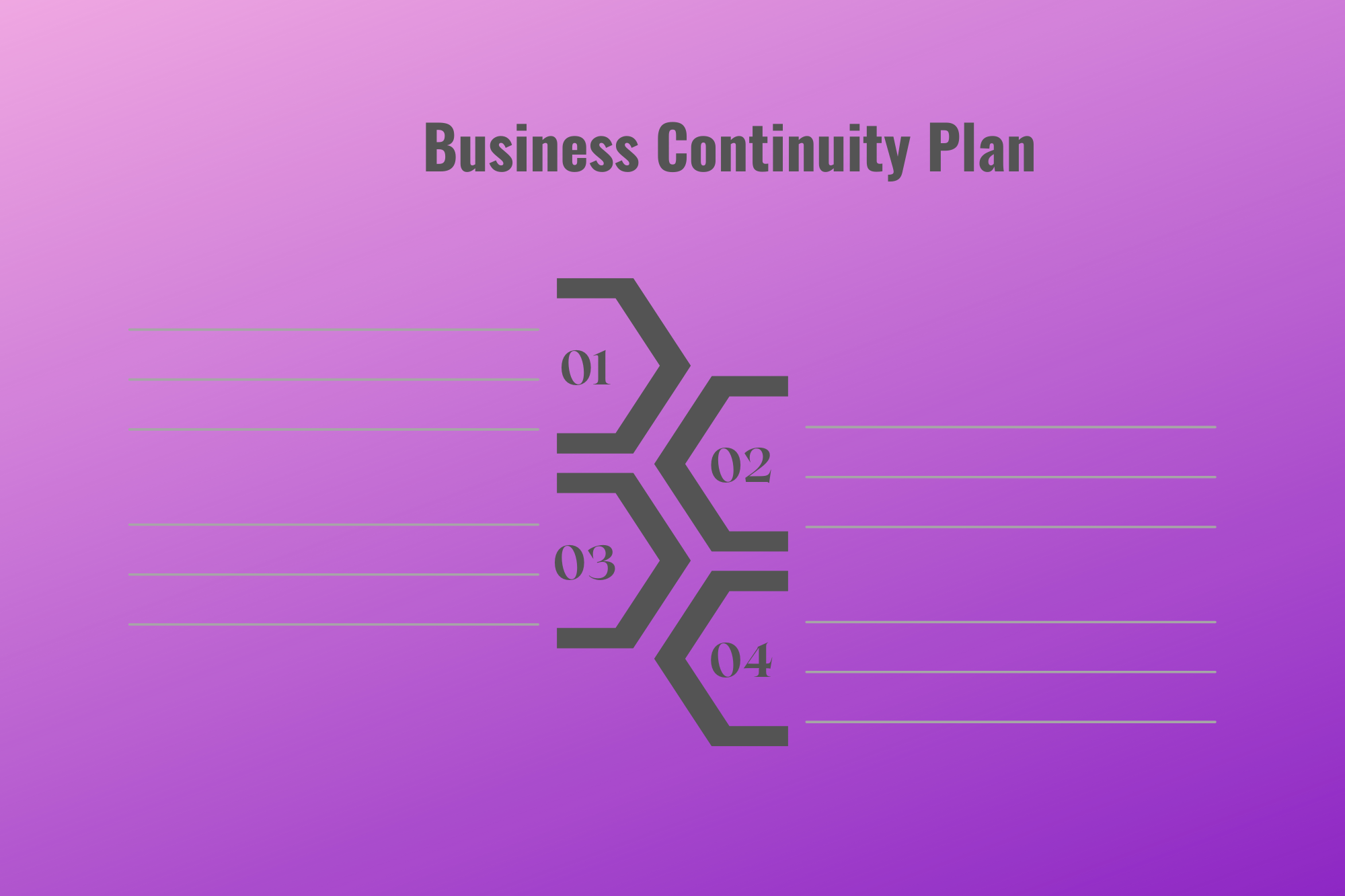Does your cannabis dispensary have a continuity plan? What happens if a flood, a robbery, or a cyber attack hits your store? A business continuity plan, aka a BCP, is a critical management tool for reducing risk and setting your business up for the future — no matter what that future holds.
What Is a Business Continuity Plan (BCP)?
A BCP is like a more extensive emergency and disaster plan. The Government of Canada describes continuity planning as a strategy to “prevent, protect against, respond to and recover from major disasters and other emergencies.”
Any business, organisation, or individual can create a BCP, but it’s especially critical for businesses. With so much investment on the line, staff under your employ, and customers depending on your services, unexpected disruption can be incredibly costly.
If you are a cannabis retailer, you’ll want to have a plan in place for a lengthy list of emergencies, including but not limited to natural disasters, cyber-attacks, human errors, and pandemics.
A BCP not only asks the question, “What would be the impact if this happened?” but then puts a strategy in place to prevent it in the first place or respond to it should the unthinkable play out.
Where Should You Start?
According to Ready, the official website for the U.S. Department of Homeland Security, a BCP covers four key components:
- Business impact assessment
- Recovery strategy
- Plan development
- Testing and exercises
Business Impact Assessment
A business impact assessment looks at all the time-sensitive or critical processes in your day-to-day operations. If one of these goes down, what are the impacts on your people, products, and profits?
For example, what happens if your payment system goes offline or your online systems get hacked? Who is impacted, for how long, and how much will it cost you?
Recovery Strategy
A recovery strategy is the solution. The goal is to bring these processes back online and get your business back up and running again. What does that look like?
In the payment processing scenario, it may be as simple as a manual workaround until it comes online again. Or, there may be a protocol for the manager on schedule to contact customer service immediately.
Plan Development
The plan development is the nuts and bolts of the recovery strategy. What specific actions must get completed and who completes them. When “Situation A” arises, everyone knows to implement “Plan A” including exactly what needs to be done, by whom, and on what timeline.
The end result of plan development is a set of documented procedures (the BCP), with contact lists that cover the following:
- Incident detection and reporting
- Alerts and notifications
- Damage assessment and situation analysis
- Development and approval of an incident action plan
Testing and Exercises
A plan is only as good as the execution. Therefore, you should have regular emergency exercises to ensure everyone in your company knows how to respond to each scenario. It’s like a fire drill for everything from product contamination to cyber attacks to injury and accidents.
Remember, this isn’t necessarily a test of your staff. You shouldn’t penalise anyone for missing a critical step during the test or forgetting the emergency contact. Instead, treat every test as a chance for improvement and identify what areas need more attention.
Does Your Cannabis Store Have a Surefire Backup Plan?
Much of your job as an owner or general manager of a cannabis dispensary is likely running around putting out fires — metaphorically speaking, of course.
But what happens if there is an actual fire? Or a disruptive protest in your neighbourhood? Or a heart attack on-site?
A BCP is critical to your business’s long-term success. That’s why we built the TechPOS suite of services to ensure your digital space is safe.
Our cloud-based All-in-One Solution ensures your cannabis store management software is always accessible online. You’ll have access to the dashboard even if someone spills coffee on your front-of-house computer or your storefront is closed due to pandemic restrictions.
Our dashboard is a one-stop shop, accessible remotely to ensure your reporting is always available. You remain compliant. Your business keeps chugging away should technical glitches throw hiccups in your way.





